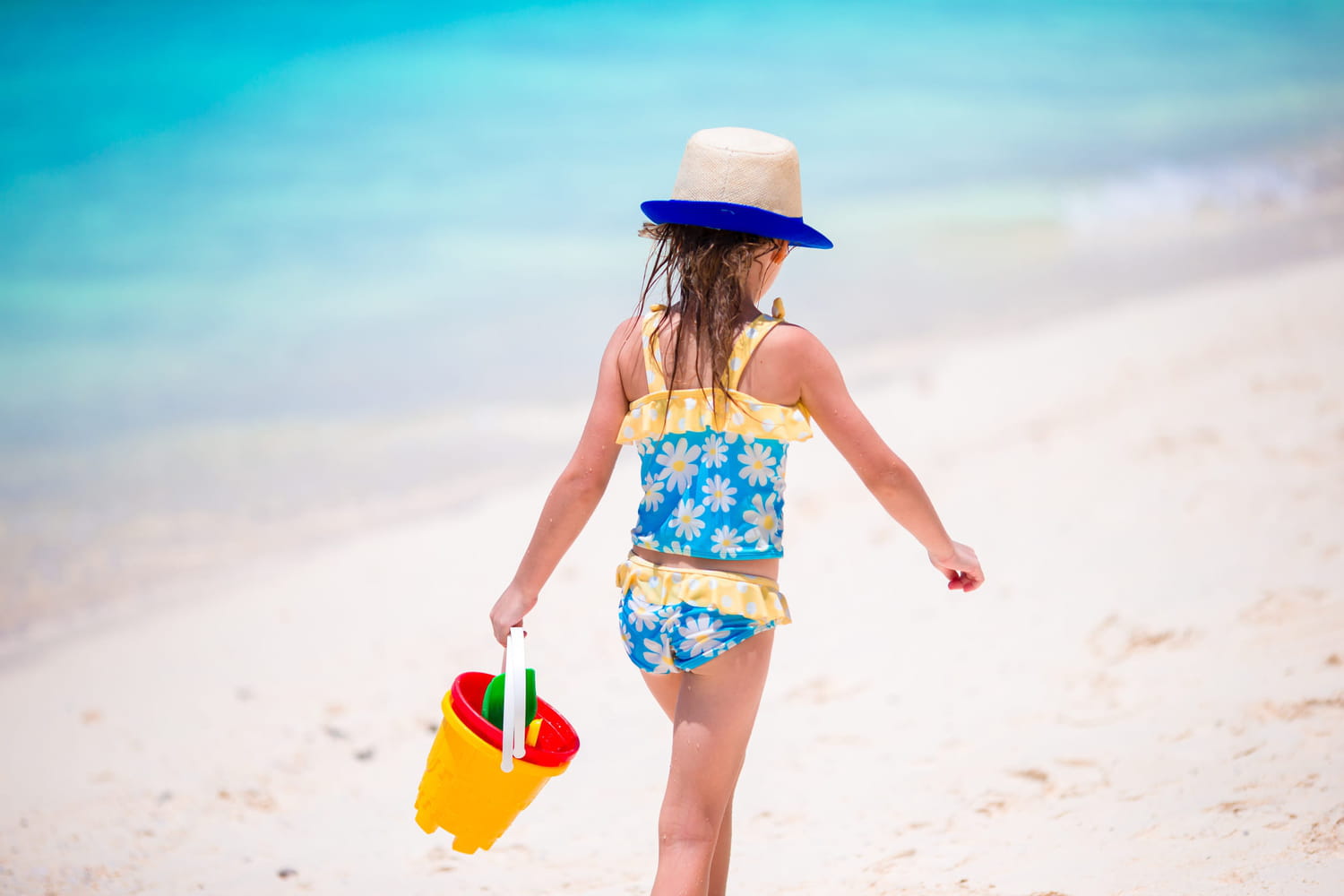Some parents do not know it, but the safety of children and other holidaymakers are safety.
In the media, everyone spoke about it. In France, from July 1, smoking will be prohibited on the beaches, in parks or near schools. But what little know is that other gestures are already prohibited on swimming areas. Having a picnic, walking your dog, listening to music on an enclosure can be prohibited. Because yes, most public beaches have their own regulations, often displayed near the emergency station or at the entrance on a display panel. Among the prohibitions, one of them often surprises vacationers, parents … and even children. It targets a beach game that the youngest love.
Rest assured, we are not talking about sand castles or Mölkky, this famous wooden game that has gathered the whole family for several sums now. On numerous public beaches in France, kite is prohibited, and it is not to spoil the pleasure of children. It is above all a matter of security. A poorly controlled kite can injure a vacationer, especially when the wires tend or slam with the wind. In the event of a fall, he can also land on a swimmer or a child who plays.
In addition, in a very frequented area, this type of machine quickly becomes bulky, both in the sky and on the sand. To avoid accidents and guarantee peaceful cohabitation among all, many municipalities prefer to banish them from the supervised swimming areas. Some tolerate them outside these spaces, but under conditions. This is the case of the town Touquet-Paris-Plage, in a circular, the authorities decided in June 2020, that “The so-called ‘Avitables’` `Avils’ à Rigid kits are prohibited each year from Easter to September 30, from 9 a.m. to 8 p.m., on the beach part included in the area defined in article 2”indicates the document. And it’s not the only one …
In La Baule, kite and other flying machines are authorized on the beach, but only before 9:30 am and after 8 p.m. Other municipalities, on the other hand, apply more strict rules. The city of Royan stipulates in its decree concerning the regulation of swimming and the coastal band of the beaches, that“It is forbidden to use a kite, a towed wing or assimilated machine near the surveillance area.” Similarly, in 2024, in the Baie de Somme nature reserve, a prefectural decree project planned to ban jet ski, kitesurfing, kite, bikes and any motorized vehicle, to protect fauna and flora. Morality: it is better to take a look at the panel at the entrance to the beach. And if a police officer goes through there, you risk … a little reminder to the law!









